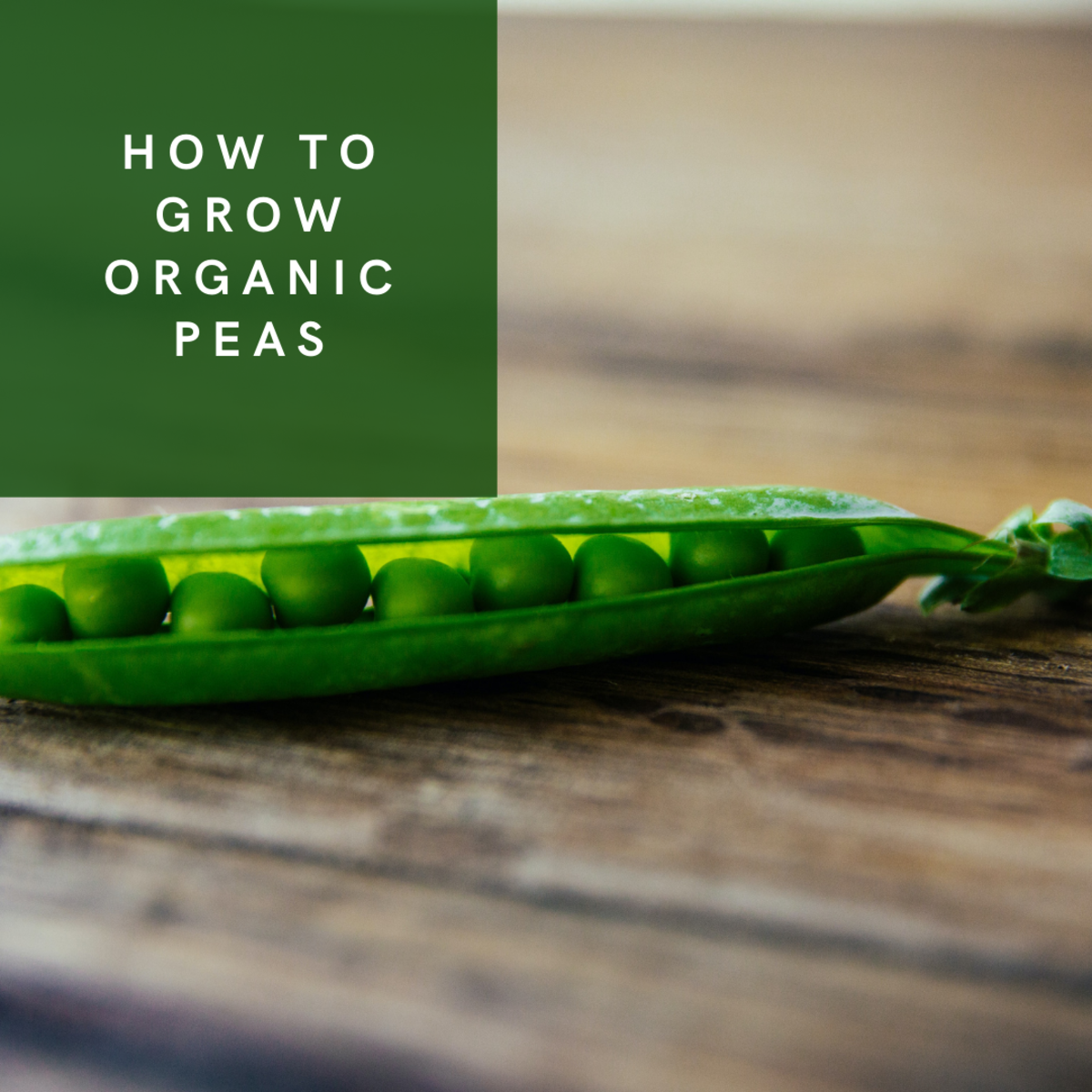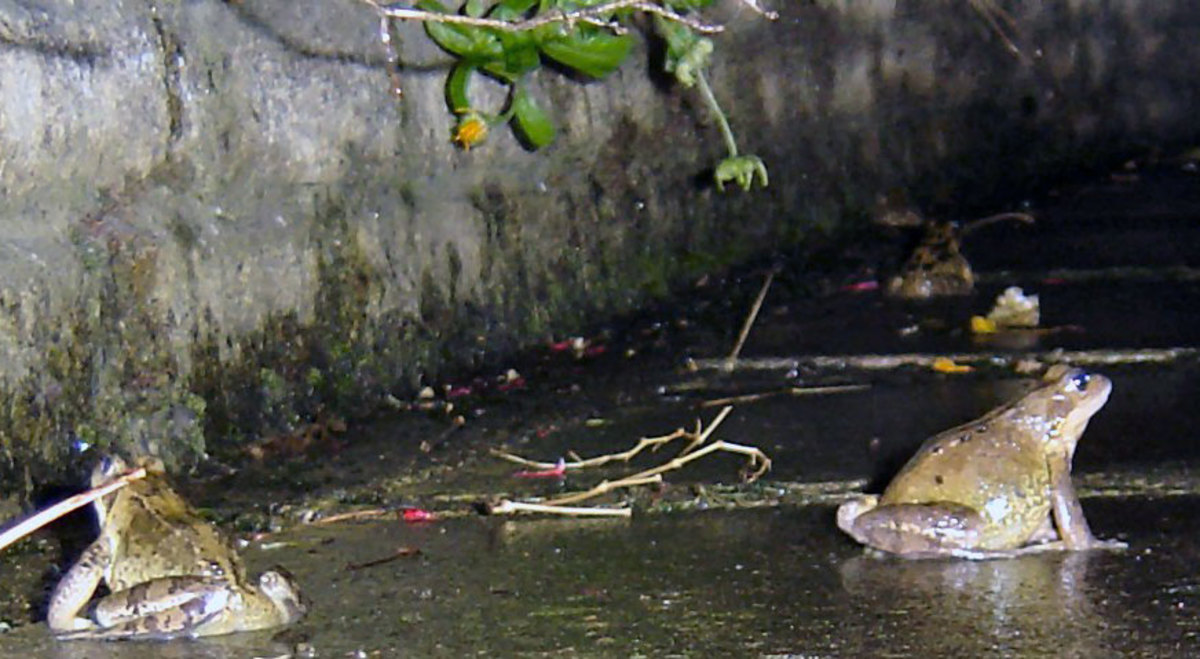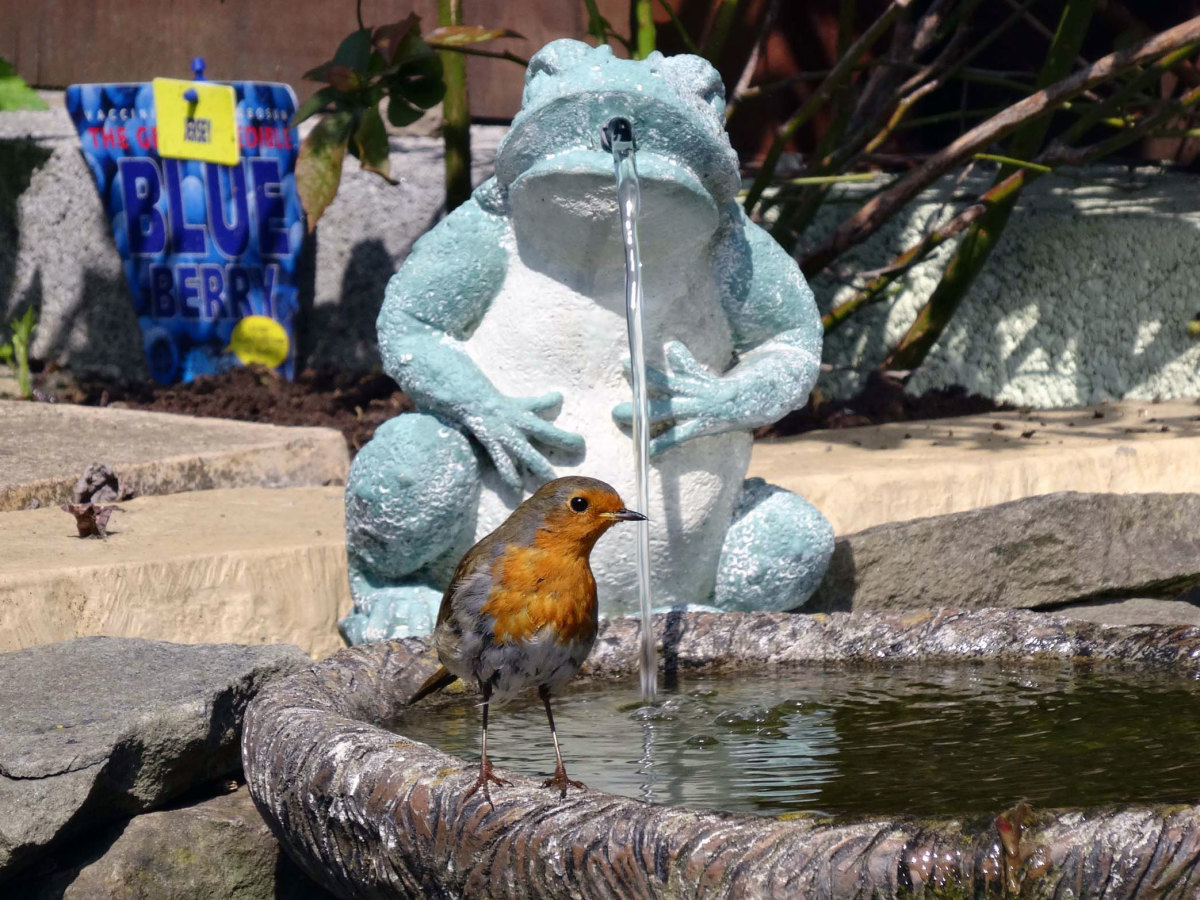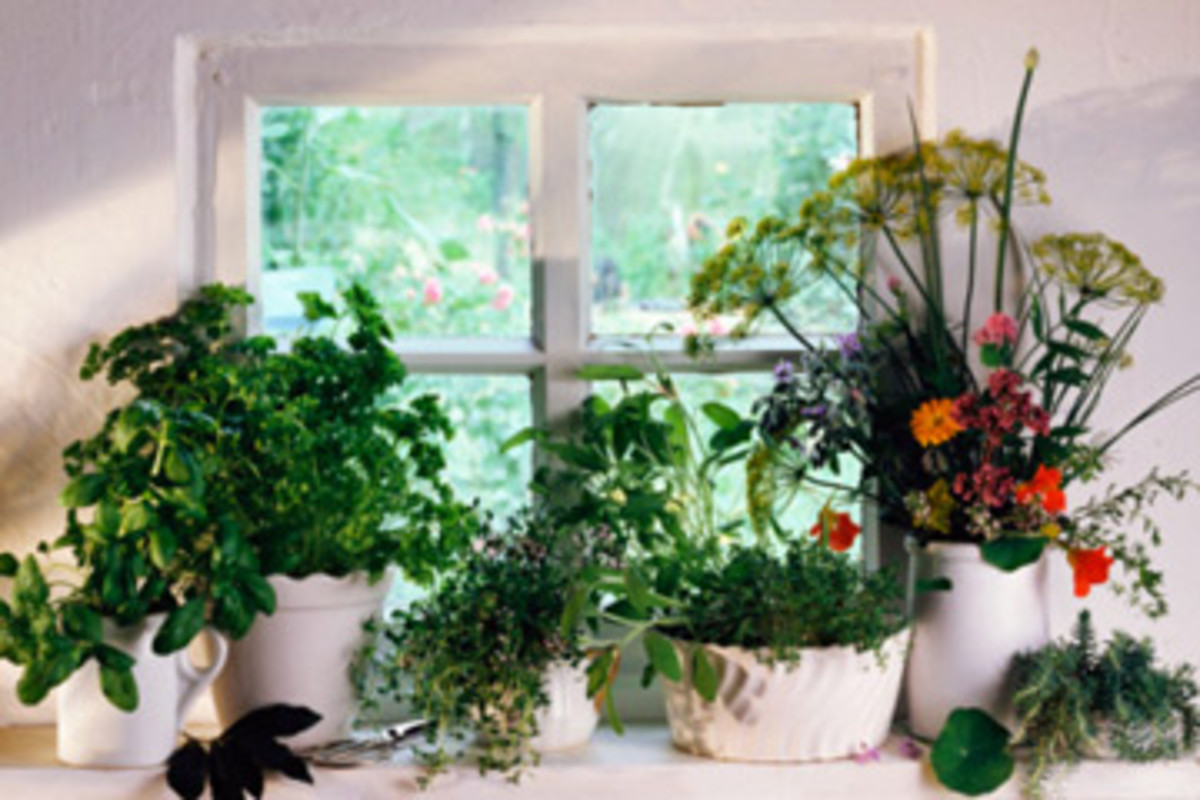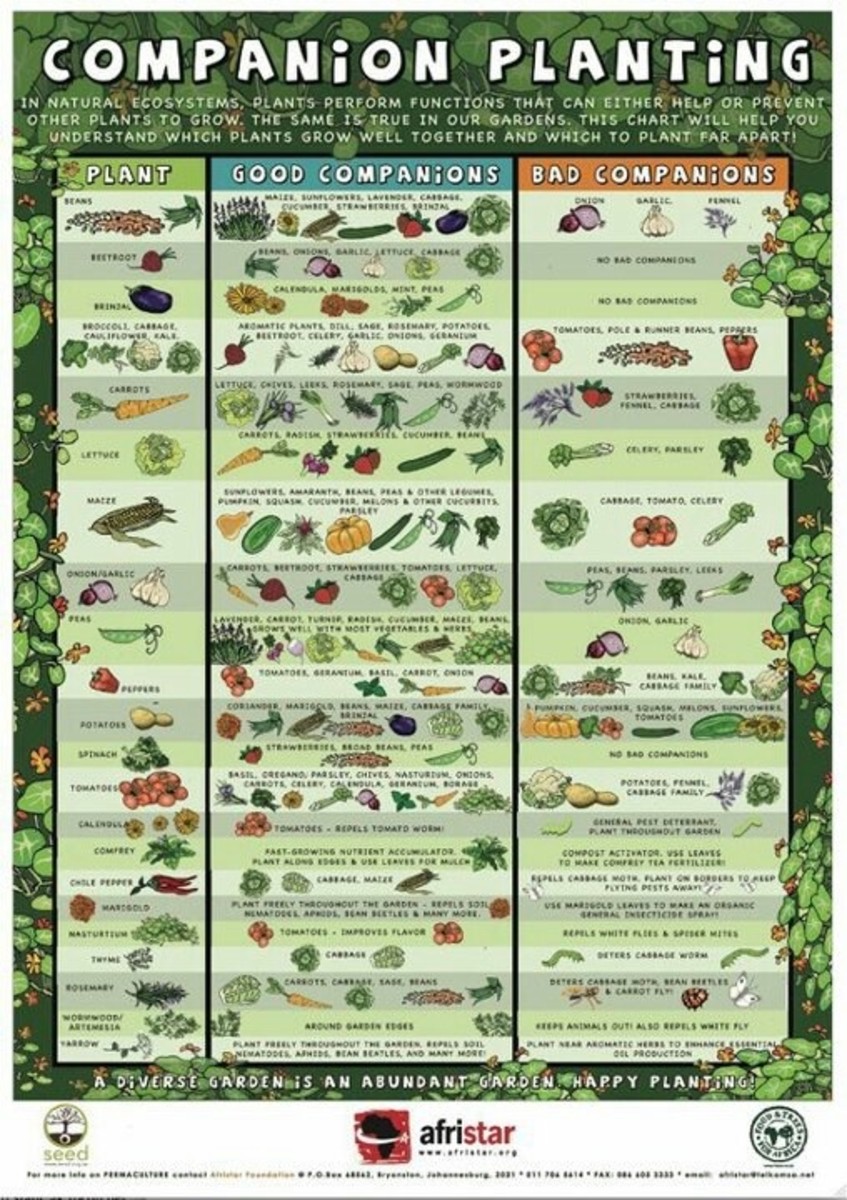Organic Gardening Guide
Organic Vegetables
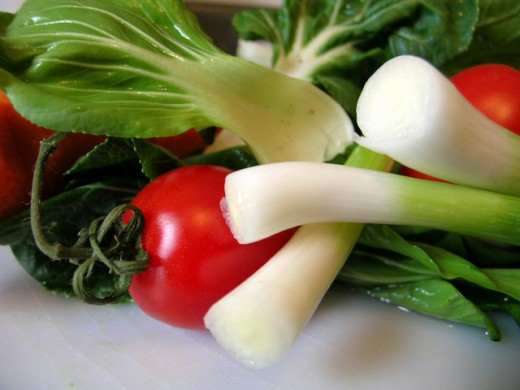
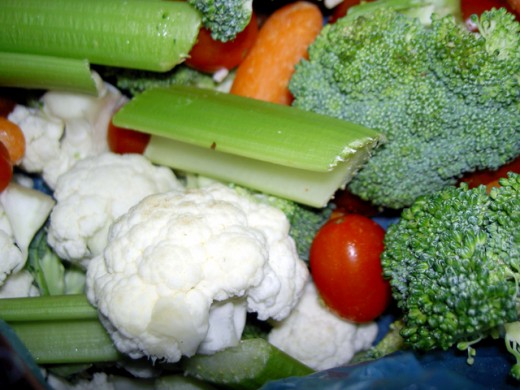
Bird Houses _ Homes For Your New Best Friend
Organic Garden Pest Control
Organic Gardening Guide To The Myth.
Are you one of the thousands upon thousands of people who look at organic gardening as something mystical or from the "Hippie" age? You can rest assured there is nothing mystical about using "mother natures" own creations (natural elements), produced by the earth and animals, to plant your own natural garden. The information provided in this article will dispel the so called "mysticism" idea of organic growing held by many.
A great many people have the mistaken belief that gardens planted without chemicals were begun by the rebelling "Hippies" and "Flower Children" of the 1960's. The author suspects strongly that your forefathers would find fault with that belief. The truth is that as more and more media attention was given to the "Hippies" and "Flower Children", many people were hearing about organic gardening for the first time, but it has been around for centuries upon centuries.
A lineage of farmers which has practiced all natural growing for centuries is the Amish farmers. Even in today’s modern world, with man made chemical fertilizer, weed killer and pesticides, these amazing farmers continue to practice all natural crop growing with truly phenomenal results. It’s not only in America that “organic” growing is practiced. Many of the countries around the world still use century old methods of natural growth.
Another myth about natural growing of your garden is that you will never be able to keep all the pest and bugs out of it. People believe that without using chemical based and expensive pesticides, you just can’t control bug infestations. Again it just is not so. One of the best all natural ways to control the pest is to use their mortal enemy. Birds! But then you ask “How can you attract enough birds?” You create an environment around your garden that is friendly for the birds.
One of the best ways to draw the birds early on is place a birdhouse or birdhouses which are made especially for the type of birds which frequent your area. Not only do you furnish a nesting area for them but make water fully accessible to them. You can put something as simple as a small container filled with water or even go for something much more sophisticated, like a running fresh water fountain. Once the birds have been drawn to your garden and realize they can feast on your bug infestation your problem will be solved in short order.
Frankly, with more research on the internet or a visit to your local nursery, you will become knowledgeable and see the truth about organic gardening. The real truth is it’s a great way to improve your families health and help restore “Mother Earth” to it’s own good health.
Organic Gardening Guides
Organic Gardening Basic Guide
Organic gardening is not as difficult as many beginning gardeners believe it is. It is true there is a bit more work and increased attention levels to the details of an organic garden than a regular garden. However, with the proper guidance you will soon discover it's not anywhere near as difficult as you thought it was. This guide will provide you with the basic steps you need to get you started.
Assuming you know little to nothing about organic gardening lets make certain you understand what it is. Quite simply it means you are going to plant your garden without using synthetic fertilizers, for making the plants grow and chemical pesticides to control the bugs.
To really maximize your garden, regardless if its going to be flowers, herbs, veggies or a mish mash of several plants it's best to have a detailed plan. And the best time to formulate your plan is in the fall, right after the fall growing season ends. The reason for this is you will have time to prepare the ground before the spring planting season begins.
Perhaps the most critical thing you must do before anything else is to select the optimum location for your organic garden or for that matter any garden. Your plants will do extremely well if they can receive about six hours of sunlight per day. In almost all cases positioning of your planting area in the southeast part of your ground will give more than adequate amounts of sunshine. Also make sure your ground has easy access to water and the ground has good drainage, to allow water run off and aeration of the ground.
Once the proper location has been determined the next step is preparing the ground where you will be planting. This means it's time for the physical labor part. You are going to till the ground using a yard fork or a tiller, then get on your knees to start pulling weeds, grass and removing the rocks. To make the weed and grass removal successful you should perform the initial removal, then go back a couple of weeks later and remove any weeds and grass which have grown up in the meantime.
Now it’s time for you to actually determine what your selected ground is going to need, in the way of the proper nutrition to help your vegetation grow. You do need to have the soil tested for the proper ph level. If you’re not sure you would do an accurate job of this take a sample of your soil to your local nursery or garden center and they can do this for you.
Setting Up Your Organic Garden
Organic Garden Safe Treatments
Organic Gardening Soil Tips
Do you really think organic gardening soil is the same as regular garden soil? If so, boy are you sadly mistaken and you have a rude awakening coming your way. That's kind of blunt isn't it? Did I get your attention, I really hope so. The following information will help you get a better understanding of the facts about organic gardening soil.
The first misconception most new organic gardeners have about their soil is that any thing can grow in any type of soil. All you have to do is throw a few seeds in the ground and boom you have a natural garden. You need to lose that preconceived notion if it applies to you.
You must take into consideration the overall climate conditions which will impact the soil. An example of these things would be rain, wind, temperatures and exposure to the sun light. Then the next thing to consider is the amount of rocks and density of the soil.
An example of bad density soil would be where the dirt is tightly compacted and allows for no circulation of air or moisture. To have good organic gardening soil it must be loose, with excellent air and moisture circulation. Not to worry though because one of the things you can do if your dirt is tightly compacted is introduce earthworms to the ground and allow them to do their thing.
Frankly though the earthworms take time to create their magic and they have a tendency to get out of the designated planting area quickly. However, there is a simple solution to that problem and you will help improve your soil quickly.
You can go to your local nursery or hardware store and purchase organic soil by the bag full or even by the truck load. Many organic gardeners will put this soil on top of their compacted soil and then plow it into the regular soil. However, for this method to be effective you must have enough organic soil to be from a minimum depth of three inches up to six inches or more. The great thing about it is as you repeat this procedure through several growing seasons you will soon have brought the life back to your original soil.
Another tip about your soil is the proper levels of phosphates, hydrogen and acidity in the soil. This is often times referred to as the ph factor in the soil. It’s quiet easy today to go on the World Wide Web and order a testing kit for your soil.
However, one of the best ways to determine if you have right kind of soil for organic gardening is to take a sample of your soil to your county agriculture agent or to your local nursery. For a small fee or no fee at all they will tell you everything you need to know about your soil.
In addition to providing you the information about your dirt they can also advise you as to the best type of plants that will grow in your soil. Furthermore, they are a great source for additional tips on growing an organic garden successfully.
These tips are just a few of the things about your organic gardening soil which are important. To really get ahead of the game on your soil you should continue to further your education.
Organic Garden Vegetables
How Organic Gardening Can Benefit Everyone
What benefits are in organic gardening besides having a more beautiful garden or eating healthier veggies and fruits? Actually there are more special benefits than most people and organic gardeners ever think about. This article will tell you about the additional benefits and give you some thought provoking ideas that may surprise you.
Did you know you can feed children around the world with your organic garden? "How in the world can you do that?" you ask. It's really quite simple and only takes a little more planning and work on your part.
When you began to plan your own personal natural garden you should layout a larger and grander garden. It doesn’t make any difference if it’s for flowers, veggies, fruits or bushes to beautify your yard. That’s right! Make it bigger. When it's harvest time you will have more flowers, plants and veggies than you can possibly use.
Instead of plowing under the excess crops from your organic gardening or inundating your friends and relatives with it take it to the local Farmers Market or the Flea Market and sell it. Chances are you won't have a problem selling it and you may end up with a pocket full of cash. Take the cash from the sell and donate it to your favorite "Feed The Children" charity. When you do this a starving child will benefit from your garden, long after you harvested your crops.
Another great benefit from raising your own organic fruits and veggies is it's a great school project for your child’s school. Help your child and their classmates set up their own organic garden. The immediate lessons they learn will be about how to help the environment, healthy eating, teamwork and it makes learning fun for them. Again, set it up, so the children can take the crops to the local Farmers Market or Flea Market to sell.
The proceeds from the sell can be used to buy something which will benefit all of the children of the school.
This next benefit is one that is seldom thought about by your children or possibly by you.
This is the benefit of the physical exercise you and the kids will receive by working in the garden. You know that the kids today don’t play outside the way you did when you were a kid. An hour a day of working in your garden will help in weight loss (burning calories), lowering blood pressure, strengthen the heart and lungs, build muscle, sharpen the mind. Relieve stress and sleep better. The end result being you and kids will be much happier and healthy to boot.
One last benefit you will realize by you when working with the earth and growing things organically is the restoration of your sprit and soul. You will receive such a sense of well being when you have a fruitful harvest, you just can’t beat it. You will know you have done your part to help “Mother Nature” return to her natural state and touched all the other human beings by doing so.
As you have just read the benefits to organic gardening can benefit not only yourself and your family, but you can actually reach out and make a difference in the world.
More Organic Garden Tips At
- Homesteading Guide | Simple Living Off The Grid
- Like us on Facebook too
All the best ideas in homesteading from Facebook in one place




